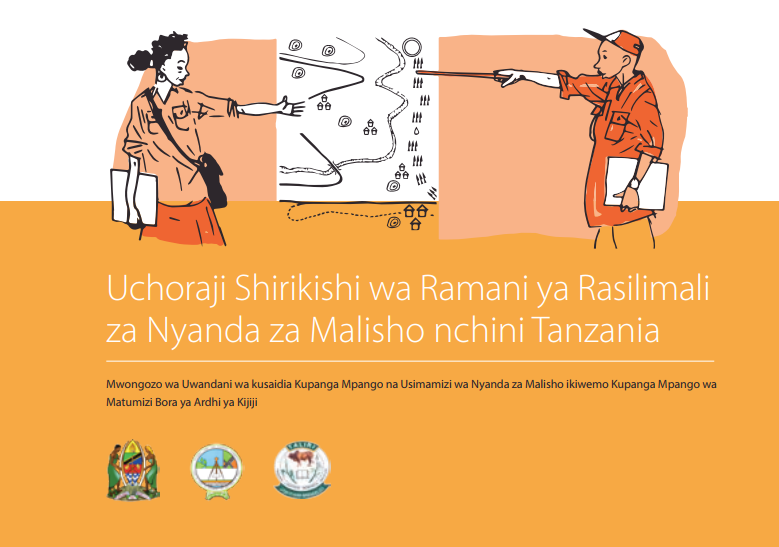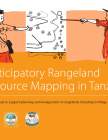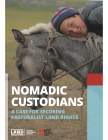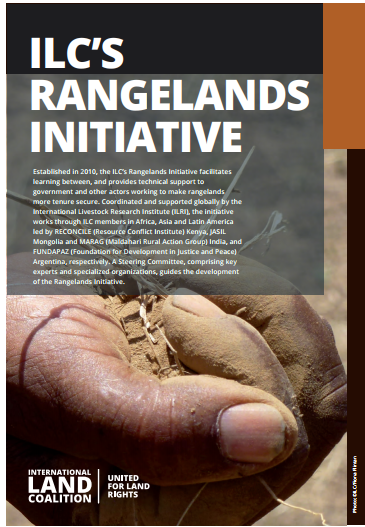Location
The International Land Coalition (ILC) is a coalition of civil society and intergovernmental organizations promoting secure and equitable access to and control over land for poor women and men through advocacy, dialogue and capacity building.
Resources
Displaying 106 - 110 of 261Uchoraji Shirikishi wa Ramani ya Rasilimali za Nyanda za Malisho nchini Tanzania
Mwongozo wa Uwandani wa kusaidia Kupanga Mpango na Usimamizi wa Nyanda za Malisho ikiwemo kupanga Mpango wa Matumizi Bora ya Ardhi ya Kijiji
Participatory Rangeland Resource Mapping in Tanzania
A Field Manual to support planning and management in rangelands including in Village Land Use Planning
Nomadic Custodians: A Case for Securing Pastoralist Land Rights
As part of the Global Call to Action in Indigenous and Community Land Rights, this brief puts the spotlight on the need to secure land rights for the world's pastoralists, as pastoralism is practised by an estimated 200-500 million people. Pastoralists manage rangelands that cover a quarter of the world's land surface but have few advocates.
"Pastoralists have been widely accused of being economically inefficient and turning their ‘over-grazed’ pastures into deserts. But these presumptions are not based on evidence and are usually very wide of the mark."
Rangelands Initiative
The goal of the Rangelands Initiative is increased tenure security of local rangeland users through improved implementation of enabling policy and legislation. By connecting, mobilising and influencing, the Initiative strengthens ILC members’ activities in-country and across its continental platforms.
Karamoja Sub region Uganda
Since Karamoja is richly endowed with gold, marble, iron ore, tungsten, limestone, oil and gas, it has attracted many investors, in particular since the protracted armed conflicts in northern Uganda started fading away. Approximately 1 7,000 km2 or 62% of the total land area of Karamoja has been licensed for mineral exploration and exploitation (Kabiswa, 2014).












